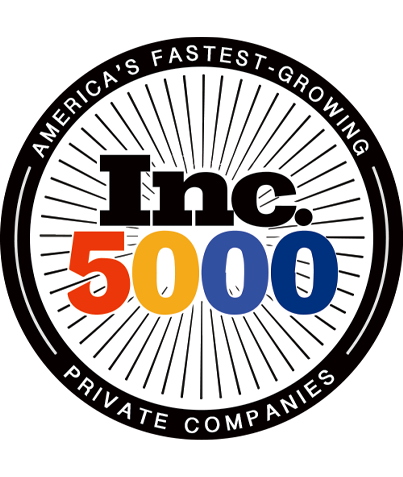
Why is a mission statement important? A well-crafted one provides focus, summing up your company’s values, objectives, and strategy. A company mission statement is a beginning — answering the question, “Why does my business exist?” It serves as a foundation for your success. If you don’t have one, you’re missing out on a compelling tool to help your business thrive.
What is a Mission Statement?
According to Entrepreneur magazine, a mission statement is defined as,
“A sentence describing a company’s function, markets and competitive advantages; a short written statement of your business goals and philosophies.”
It should identify the products and services you provide and how you offer them, who your primary customers are, and explain the geographical location in which you do business.
A mission statement is not only important for your customers — it is equally meaningful to your employees too.
How to Create a Mission Statement
Your company mission statement should be short and explain its purpose in a manner that inspires support, facilitates ongoing commitment, and sets the tone of the organization. It serves as a place to outline concrete company goals. To start, think about the core of your company’s existence. Is it about freedom (Harley-Davidson); accessibility, usefulness, improving lives (Google); or providing better care, investigating problems, and delivering health education (Cleveland Clinic)? What are your core values?
Your company mission statement should:
- Be short,
- Explain its purpose in a manner that inspires support,
- Facilitate ongoing commitment, and
- Set the tone of the organization
It is important not to write it in “MBA speak.” Use language that is easily read and can be understood quickly. And try to avoid overused buzzwords. Consult with your business partners and brainstorm with industry professionals.
What are your biggest strengths and weaknesses?
How do you plan to address this in regard to strategy and overall business planning?
A powerful and authentic mission statement will reflect every facet of your business:
- Nature and range of products/services you offer
- Quality
- Marketplace position
- Growth potential
- Relationships — with customers, the community, employees, suppliers, and competitors
The Many Benefits of a Mission Statement
Writing a mission statement is invaluable to the success of your business. It guides the company forward as the bedrock of your organization, allowing you and your teams to develop sound strategies and ensure stability throughout inevitable challenges. It is not only a beginning; it also serves as a driving factor throughout growth and evolvement, propelling you to stay true to your core values.
A mission statement also shapes company culture. This allows employees to know from the outset what to expect and customize their work and communications accordingly. This is a huge benefit for companies in the development of high-performing, cohesive teams and increases the chances that a new hire will be a good fit. In addition, they help to facilitate consistency throughout business processes and goals and serve as a powerful message to your customers — conveying your brand’s passion and vision in a way that intrigues, reassures, and communicates authenticity.
Examples of Mission Statements
Before you get started, let’s review some well-composed examples of mission statements.
“Organize the world’s information and make it universally accessible and useful.”
Amazon:
“To be earth’s most customer-centric company; to build a place where people can come to find and discover anything they might want to buy online.”
Johns Hopkins Hospital:
“To improve the health of our community and the world by setting the standard of excellence in patient care.”
Tesla:
“To accelerate the world’s transition to sustainable energy.”
Coca-Cola:
“To refresh the world…To inspire moments of optimism and happiness…To create value and make a difference.”
The variety of forms is interesting, isn’t it? But they all convey the mission succinctly and in accordance with the company’s purpose and values. If you go to their websites, many of these will have supportive text on the mission statement page, providing an expansion of their full vision. Coca-Cola uses bullets and then proceeds to detail information about company culture, vision (people, planet, portfolio, partners, etc.), values, market, and more.
Think about the full space your organization will exist in to create a customized message to all who visit your site — potential customers, media, strategic business partners, and others. Keep in mind that a company mission statement is not evergreen. Review it every few years to make sure it is maintaining relevancy and is still representative of your full scope of business.
Are you motivated and ready to begin? Put on your thinking cap, and soon you will be able to say, “Mission Accomplished!”
Our Awards
















